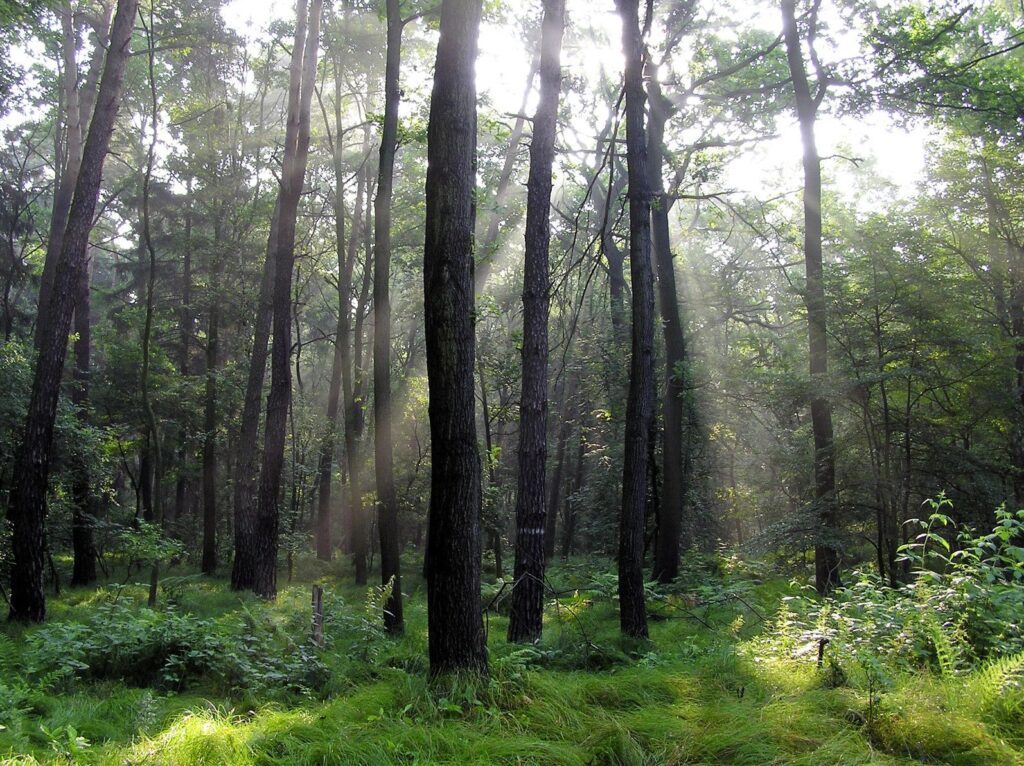The Amazon rainforest, often referred to as the “lungs of the Earth,” is experiencing a catastrophic surge in wildfires. This unprecedented increase in fire incidents is not just a result of natural climatic changes but is also significantly exacerbated by severe budget cuts to Brazil’s environmental agency, Ibama. This crisis underscores the critical need for adequate funding and robust environmental policies to protect this vital ecosystem.
Record Surge in Wildfires
In the first four months of 2024 alone, Brazil recorded over 17,000 wildfire incidents in the Amazon, marking an 81% increase compared to the same period in 2023. This surge is the highest in the past 26 years, according to the National Institute for Space Research (INPE) (Earth.Org). The fires are primarily driven by an intensifying drought, which creates ideal conditions for wildfires to spread rapidly and cause extensive damage.
Budget Cuts and Their Impact
A significant factor contributing to this crisis is the substantial budget cuts to Ibama, the federal agency responsible for monitoring and controlling deforestation and fires in the Amazon. The government reduced Ibama’s budget by 24% compared to 2023, leaving the agency with less than half of the 120 million reais (approximately $23.5 million USD) it had requested to combat fires effectively (Earth.Org). This financial constraint has crippled the agency’s ability to respond to the escalating wildfire situation, leading to more extensive and uncontrolled fire outbreaks.
Environmental and Global Implications
The wildfires in the Amazon have far-reaching implications, not just for Brazil but for the entire planet. The Amazon rainforest plays a crucial role in regulating the Earth’s climate by absorbing vast amounts of carbon dioxide. The destruction of these forests releases significant amounts of stored carbon back into the atmosphere, further exacerbating global warming.
Moreover, the loss of biodiversity is another critical concern. The Amazon is home to an estimated 10% of the world’s known species. The rampant fires threaten countless plant and animal species, pushing many toward extinction and disrupting the delicate ecological balance of the region (Carbon Brief) (UN News).
Calls for Action
Environmentalists and indigenous groups are calling for immediate action to address the dual threats of climate change and inadequate environmental protection. There is an urgent need for the Brazilian government to restore and increase funding for environmental agencies like Ibama to ensure they have the resources necessary to combat wildfires and protect the Amazon.
International cooperation and support are also crucial. The global community must recognize the importance of the Amazon and collaborate on initiatives to preserve and restore this vital ecosystem. This includes providing financial aid, sharing technological resources, and implementing stricter regulations on deforestation and land use.
Conclusion
The surge in Amazon wildfires is a stark reminder of the delicate balance between human activities and natural ecosystems. As the world grapples with the broader impacts of climate change, it is imperative to prioritize the protection of critical regions like the Amazon rainforest. Adequate funding, robust environmental policies, and global cooperation are essential to safeguarding this irreplaceable natural resource for future generations.
For more detailed information, you can read the full report on Earth.org (Earth.Org).
This article highlights the complex interplay between environmental policies, budget allocations, and the health of the Amazon rainforest, urging immediate and coordinated action to address this pressing issue.


